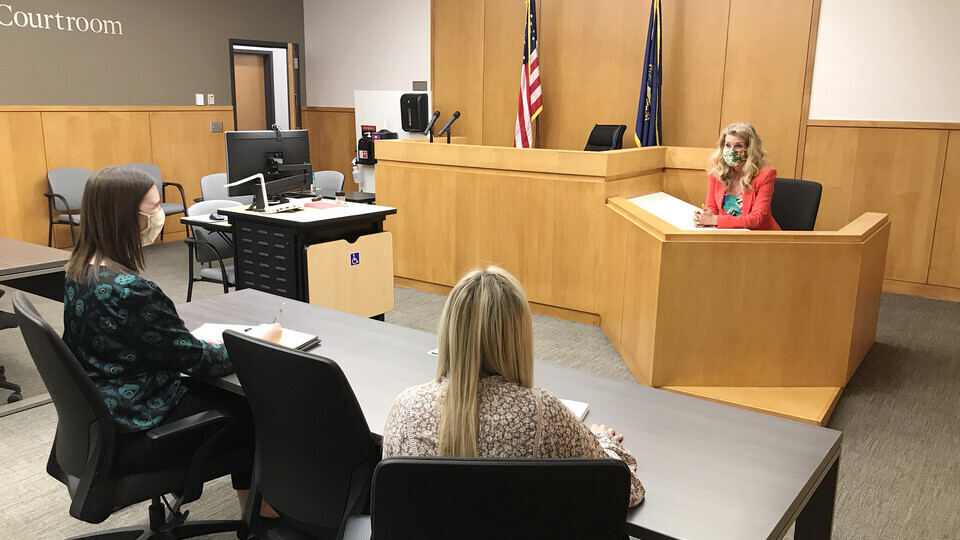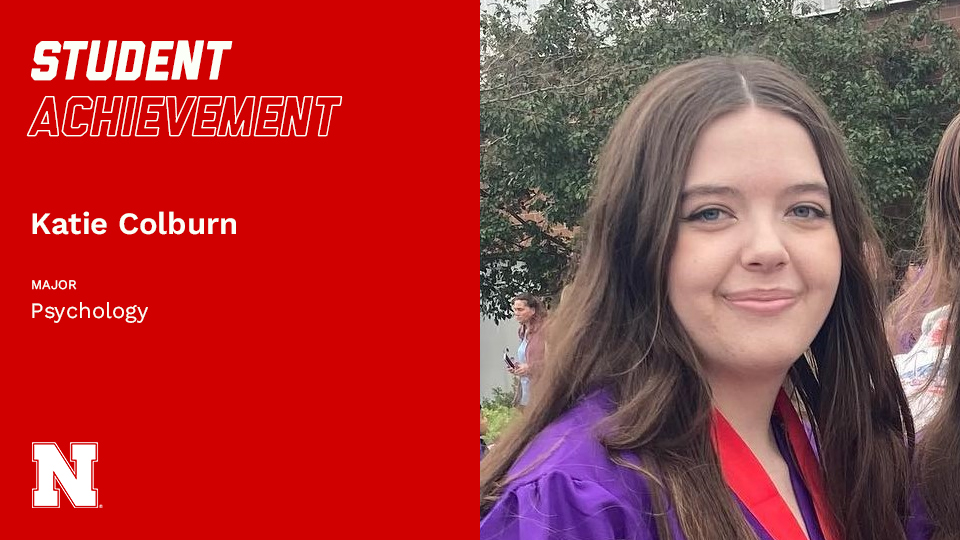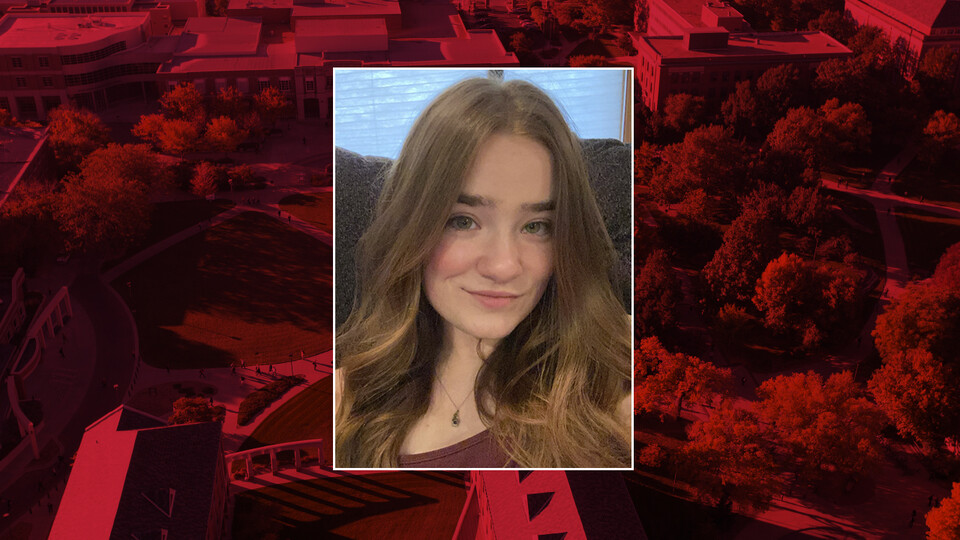
The Children's Justice Attorney Education program, a partnership of the Nebraska College of Law and the Center on Children, Families and the Law, will increase the availability and accessibility of court-appointed and juvenile county attorneys thanks to a grant from the Aviv Foundation. The CJAE will support juvenile attorneys to better serve rural children and families, including low-income, Latinx and Indigenous populations.
"The CJAE will build on the proven practices of the Children's Justice Clinic," said Michelle Paxton, director of the clinic and the CJAE. "We plan to provide rural attorneys extensive education in federal and state child welfare laws, along with invaluable information and insights into the subjects necessary to become strong advocates."
Attorneys participating in the eight-month program will receive training in trauma and child development, substance use, domestic violence, complex family dynamics and the Indian Child Welfare Act. They will engage in expert case consultation and reflective practice—reflecting on personal biases, thoughts, and feelings about cases and use this expanded awareness to improve their advocacy.
"CCFL is equipped with a team of experts that will provide guidance to CJAE participants throughout the program," said Eve Brank, CCFL director and professor in the Department of Psychology. "CCFL's psychologists, attorneys, child welfare practitioners, social workers, mental health practitioners and former state wards will consult with the program's participants to allow rural attorneys an opportunity to address complex legal questions in their cases while integrating social and psychological factors to increase their child advocacy skills for underrepresented communities."
CCFL, located within the College of Arts and Sciences, houses interdisciplinary research, teaching, and service on issues related to child and family policy and services. Collaborating with researchers from the College of Law and College of Education and Human Sciences, the center educates policymakers, scholars, service providers, and the public.
"We are thrilled to once again be partnering with CCFL to improve the quality of child welfare representation in Nebraska," said Richard Moberly, dean of the College of Law. "Our mission to develop inclusive leaders goes beyond our current students. The CJAE program reaches into rural communities and helps develop the leaders who are serving the state's most vulnerable children."
CJAE was one of two Nebraska projects chosen from the more than 389 proposals submitted for the Springboard Prize for Child Welfare. The program comes as local, state and federal entities are recognizing the life-changing impact of attorney education in child welfare. In a 2020 survey by Attorney Services, Nebraska judges reported a need for highly educated attorneys, with specialized training in child welfare, to serve in juvenile court—especially in rural areas.



